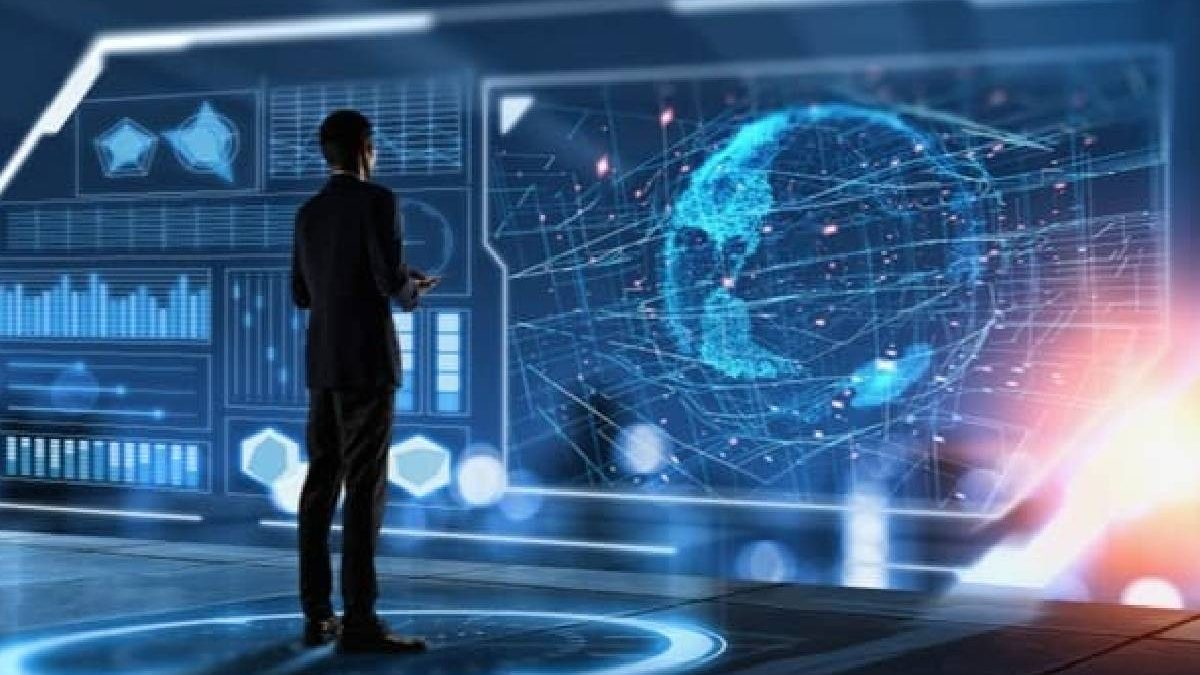AI on PCs – Artificial Intelligence: (AI) is playing an important role in technology. Yet, hardware and software on a PC must be compatible to reap the benefits. We examine how it works.
Table of Contents
Artificial Intelligence (AI), Machine Learning (ML), and Deep Learning (DL)
Man-made cognizance (PC based knowledge) is a development that enables a PC to do tasks that are usually wrapped up by individuals because of their ability to simply decide, use thinking and understanding, and apply information. With everything taken into account, PC based knowledge is a kind of information and is used to find game plans that imitate human understanding by checking out at all of the current, critical data. It allows a PC (or vacuum cleaner, etc) to take part in chasing after decisions as it explores its ongoing situation.
Artificial intelligence (ML) and significant learning (DL) are portions of computerized reasoning. ML uses various algorithms to run data and utilises the results to make predictions. It exercises facial recognition on social media and provides a tag. This facility is also used in law enforcement. In the medical field, by going through multiple images of malignant and benign tumours, ML can diagnose from an x-ray of a new patient if the lump is cancerous or not. ML works with the available information to search for the correct answer.
DL goes further than ML. It utilises more layers of algorithms to learn about the environment for itself, not only the given information. It relies on learning plus experience to make decisions. A common example is a virtual assistant. The more you interact with it, the more data it has to know your preferences. For a fuller comparison of ML and DL see here.
Hardware For ML and DL
DL operates multiple processes together while ML needs to do a lot of filtering and searching. These functions take up computational power. The hardware (e.g., computer) on which it runs must do its normal processing and also handle this additional load. This is solve by a process known as hardware acceleration. This entails using the graphics processing unit (GPU) for e.g., gaming, which needs greater computational power to allow the central processing unit (CPU) to focus on daily tasks.
CPUs can carry out a variety of tasks, whereas the GPU has been create for graphics specifically. The latter has many more processing cores than the former. A GPU can execute thousands of computations per clock cycle, compared to the CPU which manages a maximum of four. That is not to say that the GPU can replace the CPU, which has more diverse capabilities without the speed. The CPU can determine which tasks the GPU performs. For example, facial recognition is more suited to the GPU.
Upgrading Your PC
Also you can add a graphics card to your existing PC for hardware acceleration. Indeed, this became popular with gamers and boosted the upgrade market. However, while adding a GPU will affect speed positively, it is not possible to predict to what degree it will do this. If the CPU was not able to handle its load effectively, a GPU might not solve the problem. Both GPU and CPU are reliant on other hardware components, and these must be match correctly to work properly. Therefore, it is better to consider getting a new PC that comes with a GPU, such as the Intel Arc graphics that came out in 2022 and is certainly a game-changer. You can read more at lenovo.com.
AI, ML, and DL have a long way to still go in their development. However, the right hardware must be match to manage all the required tasks.

